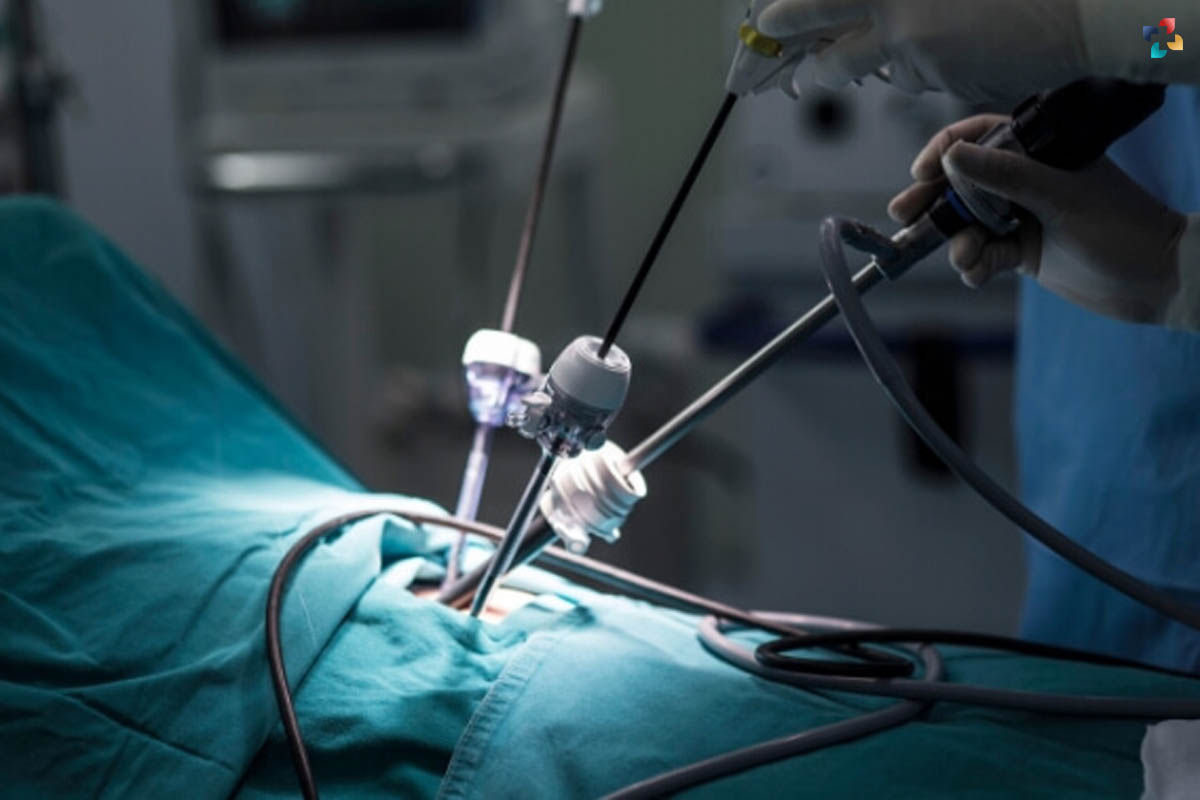The Medical Device Industry technology, more often referred to as medtech, is comprised of the firms that develop, produce, and market the technologies, devices, equipment, diagnostic tests, and health information systems that are altering health care via earlier illness diagnosis, less invasive procedures, and more effective therapies. The medical device industry has many interesting facts and this Medical Device Industry Facts you must know.
The rapid advancement of medical technology has made it possible for millions of people to enjoy longer, healthier, and more fruitful lives. The United States is able to maintain its position as the world’s leader in medical development as a direct result of the research and innovation that went into developing cutting-edge technology.
Changes brought about by MedTech, which might range from prostheses to radiation therapy, help both patients and the Medical Device Industry professionals who offer their care. Our innovations raise the standard of living, shorten the amount of time patients must spend in medical facilities, and assist loved ones in overcoming life-threatening illnesses.
Here are 10 Interesting Medical Device Industry Facts
1. Just 18% of executive roles are held by women

Analysis of Medical Device Industry Facts, Medical Design & Outsourcing’s annual Big 100 reveals that women make up less than 20% of leadership positions in the top 100 Medical Device Industry businesses. Moreover, B. Braun Melungeon, Insult, and Paul Hartmann are the only firms on the list to be led by a woman CEO.
2. Competition heats up in the robot-assisted surgery space
This year, Medtronic the world’s biggest Medical Device Industry maker, released the long-awaited Hugo RAS system, which it claims is more adaptable and affordable than existing alternatives. It is Medtronic’s intention to get 510(k) approval in the United States within the next two years.
Meanwhile, Johnson & Johnson said that it would be acquiring the remaining interest in Verb Surgical as a result of what it called a “successful strategic cooperation” with Alphabet’s (NSDQ: GOOGL) health sciences subsidiary Verily. In February, Ethicon, a division of Johnson & Johnson, signed a $3.4 billion agreement to acquire Auris Health, a robotic surgical venture founded by Dr. Fred Moll, and its FDA-cleared Monarch platform.
The market leader in soft tissue robotic surgery, Intuitive Surgical, isn’t resting on its laurels, however. The company’s da Vinci SP robot for single-port surgery uses a tube roughly an inch in diameter to deliver four fully articulating tools (three manipulators and a steerable endoscope). The launch of the robot in the United States has begun this Medical Device Industry Facts you must know.
3. The Telephone Aided the Hearing Impaired
As contradictory as it may seem, Thomas Edison’s invention of the carbon transmitter to amplify telephonic signals and, by extension, the voices of speakers, paved the way for the first electronic hearing aids in 1902.
4. The Telephone Aided the Hearing Impaired
Thomas Edison’s carbon transmitter, which amplified telephonic signals and hence the voices of speakers, lay the groundwork for the first electronic hearing aids in 1902.
5. Cybersecurity
The healthcare business is more vulnerable to malicious cyberattacks as the number of linked Medical Device Industry equipment grows. There is a real danger that hospitals and other healthcare providers may lose patient data, have their systems hacked, or even have to turn off life-saving equipment. To ensure the safety of their patients and their medical staff, the medical device business must improve its cybersecurity practices this is the main Medical Device Industry Facts.

Manufacturers, hospitals, and government agencies must work together on this. X-ray machines, MRI scanners, and infusion pumps are just some of the Medical Device Industry equipment that cybercriminals target with ransomware and other forms of malicious software in order to extort money from hospitals or steal sensitive patient data.
6. Robotic-assisted surgery systems
One of the fastest-growing markets is the Medical Device Industry device sector that’s why there have many Medical Device Industry Facts. Today, the market is flooded with a plethora of brand-new technology and gadgets. Systems that aid surgeons using robotic arms are a relatively new development in the field of surgery. These devices provide surgeons with unprecedented control, dexterity, and accuracy. They improve surgical precision and may be used for many different kinds of operations.
7. The Outsourcing of the Medical Device Industry
The term “medical device outsourcing” refers to the practice through which medical device makers have other businesses handle the production of their goods. Those who want to outsource their work often do so in order to save costs, boost output, or get access to resources they lack. The introduction of novel ideas or methods from the contractor is another way in which outsourcing may boost product quality. However, there are dangers in outsourcing corporate activities, such as the loss of control over your data or a drop in quality. This is one of the important medical device industry facts you have to know.
8. Utilizing 5G for Healthcare Devices
Some of the early and largest users of 5G technology will be in the medical device sector. This is because 5G may enable unprecedented connectivity between healthcare equipment. As a result, healthcare providers will be able to track their patients in real-time and provide immediate care, which will boost quality while decreasing expenses.
Further, 5G will make it possible to gather data from medical equipment that can be utilized to enhance its efficiency and quality.
9. Constraints in the Medical Device Industry’s Supply Chain
In terms of the Medical Device Industry Facts Manufacturers of medical devices are always under pressure to reduce development times and improve product quality without sacrificing either. Supply chains in the Medical Device Industry business are notoriously complicated and time-sensitive, making it difficult to keep up with demand.
In order to maintain a competitive edge, businesses must develop solutions to frequent supply chain issues including stockouts and component delays.
10. Minimally Invasive Devices

Minimally invasive devices are a major contributor to the expanding medical device market this is one of the important medical device industry facts. Instead of making a huge incision, as is done in conventional surgery, minimally invasive devices are put into the body via a much smaller incision. The healing time, discomfort, and danger of infection after this sort of surgery are all reduced. In fact, analysts predict that the market for these kinds of products would reach $55 billion by 2025.











